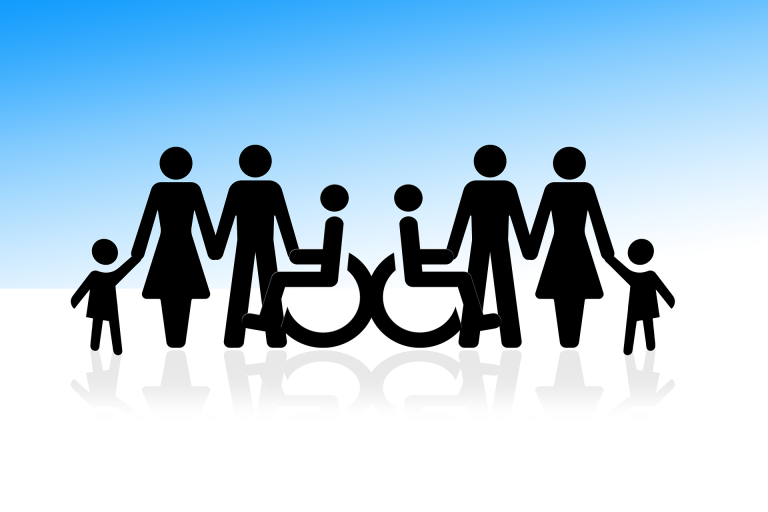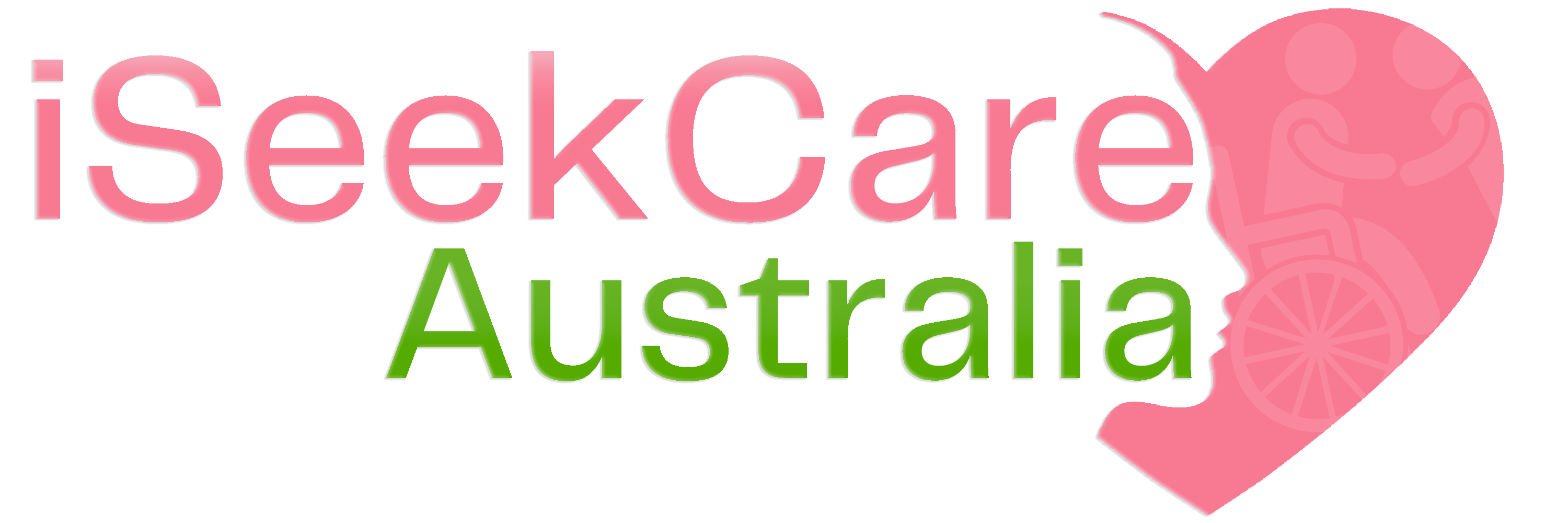Client-Centered Care: How Disability Teams Tailor Support to Individual Needs
It can be a challenge for individuals with disabilities to access the support they need. However, with the help of disability teams that provide client-centered care, individuals with disabilities can receive customized support tailored to their unique needs. In this blog post, we will discuss how disability teams tailor their support, the benefits of client-centered care, and how this approach results in better outcomes for individuals with disabilities.

1. Understanding Client-Centered Care
Client-centered care is a collaborative approach to providing care. It means placing the individual at the center of the care process and working with them to create a personalized plan that addresses their specific needs. Disability teams take the time to establish a relationship with the individual and their families to build trust and ensure that everyone is working towards the same goals.
2. Collaborating with Clients and Their Families
One of the key benefits of client-centered care is that it fosters collaboration between the individual, their family, and the disability team. By working together, everyone can share their insights and create an inclusive plan that meets the individual’s needs. This approach includes determining the individual’s strengths, challenges, and goals, as well as their likes and dislikes, to create the best support plan possible. The ultimate aim is to provide support that is meaningful and helps the individual to achieve their goals.
3. Providing Flexible and Customized Support
Client-centered care recognizes that individuals with disabilities have different needs, preferences, and goals, and that these can change over time. Disability teams can provide flexible support that can modify the plan when necessary to ensure that the individual receives the best possible support. Additionally, disability teams provide support to individuals in their homes and communities, not just in a clinical setting. This is known as community connection, which can also help to increase the individual’s independence.
4. Ensuring Quality Service
Client-centered care also emphasizes quality service. Disability teams ensure that the services provided are effective and that the individual and their family are satisfied with the support received. Additionally, disability teams uphold high standards for professional conduct, ethics, and communication, and comply with all regulatory and legislative requirements.
5. Building Relationships
Finally, client-centered care focuses on building relationships. Disability teams take the time to get to know the individual and their family, which helps build trust and understanding. This approach creates a safe and enjoyable environment for the individual, and they will feel confident to ask for help when needed. Additionally, disability teams can provide support beyond the physical needs of the individual, providing emotional support as well.
Conclusion:
In summary, client-centered care provides personalized support to individuals with disabilities through collaboration, customized support, quality service, and building relationships. Disability teams provide support that is meaningful, flexible, and tailored to meet the individual’s needs. This approach ensures that individuals with disabilities can achieve their goals, increase their independence, and participate fully in their communities. If you know someone who needs support or information from a disability team, reach out to a disability team near you today.



